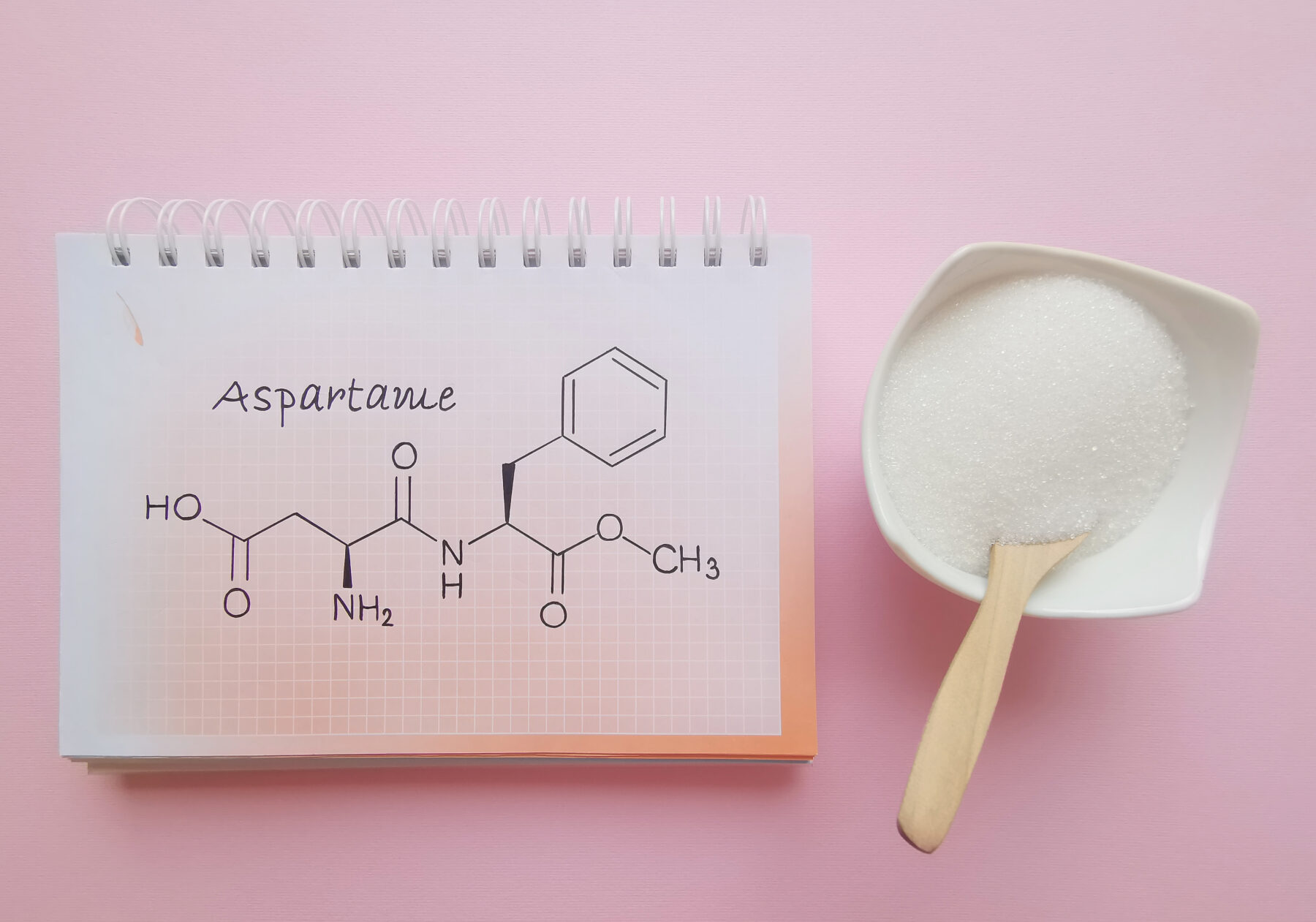
It’s important to remember that the classification system rates how strong the evidence is (or how confident they are), not how dangerous something is.
That is why smoking cigarettes and eating processed meat are in the same category, not because they are equally dangerous but because IARC are equally confident they are linked to cancer. For example, processed meat causes around 5,400 cases of cancer every year in the UK, but smoking causes 54,000 cases.
Aspartame and cancer
Today, IARC have announced that aspartame is in group 2B. This means it is possibly carcinogenic, but there wasn’t enough evidence in humans to be sure. Why does it matter what the evidence shows in humans, what about evidence in animal studies?
While animal studies or studies on cells in labs can be useful, they cannot mimic real life scenarios.
For example, many studies on diet and cancer in mice expose them to much higher levels of a food or ingredient than a person could possibly eat in one day. This shows that a food may theoretically cause cancer, but doesn’t help when it comes to setting public health recommendations on what to eat – as someone would never be exposed to that much of one food.
Group 2B often shows that something can cause cancer in animals but hasn’t been able to show this in humans. For aspartame, there was no convincing evidence in humans or in animals.
So, when it comes to aspartame and other artificial sweeteners, what should we do? Some people choose to eat or drink artificial sweeteners instead of sugar because it could (theoretically) help them keep a healthy weight. However, the evidence for this is mixed. While food and drinks with artificial sweeteners do have less calories than food and drinks with sugar, there is no strong evidence that people who drink artificially sweetened drinks lose weight in the long run.
While we don’t know enough about artificial sweeteners and weight loss, what we do know is that eating a lot of sugar is linked to gaining weight and can make it harder to lose weight. Being overweight or obese increases the risk of 13 different types of cancer. So sugar can indirectly increase the risk of cancer through weight gain.
Following the announcement that aspartame would be classed as 2B, the Joint Expert Committee on Food Additives (JECFA) confirmed that there was no need to change the current acceptable daily intake. This is the amount of aspartame you can safely eat or drink each day, which is 40mg/kg of body weight. So, if someone weight 70kg, they could drink 14 cans of diet cola and still be within the safe limit.




